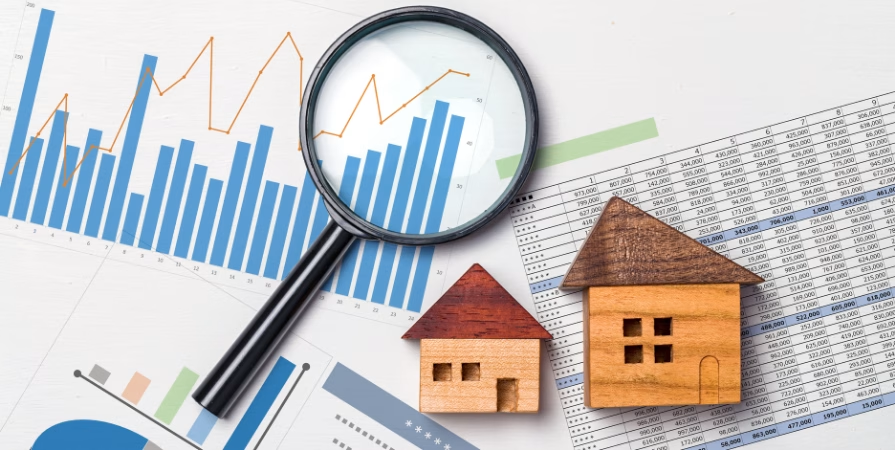With rising interest rates and shifting housing markets, deciding whether to buy or rent in 2025 requires more than instinct—it demands strategy. Understanding the real financial difference between homeownership and renting can help you make a smarter long-term decision that aligns with your income, goals, and lifestyle.
Many households face this dilemma: buy now to lock in equity growth or continue renting for flexibility amid economic uncertainty. Both choices have advantages and trade-offs, and the right one depends on your financial stability, local housing costs, and long-term plans.
This guide breaks down the core financial factors—monthly payments, return on investment, tax benefits, and maintenance costs—so you can confidently evaluate whether buying or renting is the smarter move in 2025.
Comparing Monthly Housing Costs
The first step in any buy vs rent analysis is comparing your monthly costs. On the surface, renting may seem cheaper because it avoids property taxes, insurance, and repair expenses. However, in many markets, rent prices have risen faster than mortgage rates, narrowing the gap between monthly payments.
According to Realtor.com’s 2025 forecast, national rent prices are expected to increase by 3.2%, while average mortgage payments could stabilize as inflation cools. That means renters may continue paying more without building ownership equity.
Homeowners, on the other hand, face upfront costs—like down payments and closing fees—but their monthly payments remain more stable over time. Fixed-rate mortgages protect against market rent hikes, providing predictability that renters rarely enjoy.
Example: Monthly Cost Breakdown
Renting: $2,000 monthly rent with 3% annual increases = $24,000 per year, rising to $26,500 in two years.
Buying: $400,000 home with 5% down and a 6.5% interest rate = approximately $2,400 monthly, but with equity gains and tax deductions.
Verdict: In 2025, the cost gap between renting and owning continues to shrink, making homeownership financially competitive in stable markets.
Evaluating Long-Term Financial Gains
While renting offers short-term flexibility, buying remains a stronger long-term financial move for those planning to stay put for at least five years. Real estate investment builds wealth through home appreciation and equity accumulation—two advantages renters never experience.
Historically, home values in the U.S. have appreciated between 3–5% annually, depending on location and market conditions. Even modest growth can lead to significant returns over a decade, turning housing costs into long-term assets rather than sunk expenses.
However, buyers should also account for maintenance, insurance, and property taxes. Experts estimate these costs average 1–2% of the home’s value annually, which can offset some equity gains if the market slows.
Long-Term Ownership Advantages
1. Equity Growth: Each mortgage payment increases ownership share, unlike rent, which builds your landlord’s wealth.
2. Appreciation Potential: As property values rise, homeowners gain resale profit or borrowing leverage through home equity.
3. Tax Benefits: Mortgage interest and property taxes may be deductible, lowering your effective housing costs.
Flexibility and Lifestyle Considerations
Renting offers valuable flexibility—ideal for those uncertain about job stability, family size, or future plans. With a lease, you can relocate easily, avoid repair responsibilities, and maintain liquidity for other investments.
Buying a home, however, offers security and stability. Homeowners have freedom to customize their space, avoid lease restrictions, and build roots in their community. The decision ultimately depends on your financial readiness and how long you expect to stay in one location.
Experts generally recommend buying only if you plan to remain in the home for at least five years. Otherwise, closing costs, commissions, and potential market fluctuations could outweigh the benefits of ownership.
When Renting Makes More Sense
1. Short-Term Living: You plan to move again within three years or are exploring new career opportunities.
2. Limited Savings: You don’t have enough for a down payment or emergency fund to cover unexpected home expenses.
3. Volatile Market: Local housing costs are high compared to rents, making ownership less financially viable in the short run.
Real Estate Investment Outlook for 2025
The 2025 housing market is projected to stabilize after several volatile years. Slower home price growth and modest rate adjustments may create favorable conditions for buyers seeking long-term stability. Real estate investment remains a solid inflation hedge, especially for veterans, first-time buyers, and families aiming to build generational wealth.
That said, regional variations matter. In high-demand metros, renting may still be more practical than competing in tight markets with limited inventory. In affordable regions with steady job growth, buying remains one of the most reliable paths to long-term financial security.
Working with local real estate professionals can help you evaluate market data, property values, and rental trends before making a commitment.
Market Insights
1. Interest Rates: Experts predict gradual declines through 2025, improving mortgage affordability.
2. Home Inventory: Supply remains limited but improving as new construction picks up in suburban and mid-sized markets.
3. Inflation Impact: Slower inflation supports both stable rents and sustainable home price growth, balancing buyer and renter conditions.
Key Takeaway
Deciding whether to buy or rent in 2025 depends on your financial stability, location, and long-term goals. Renting offers flexibility and lower upfront costs, while buying provides lasting equity and protection against rising housing costs. If you plan to stay in one place for several years and can afford the initial investment, homeownership remains the stronger financial move—turning monthly payments into lasting real estate investment returns.


